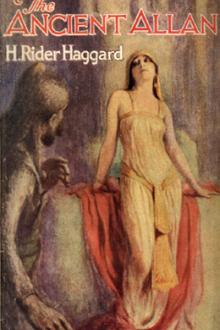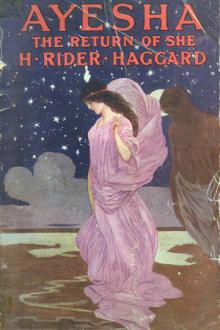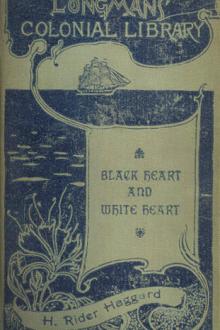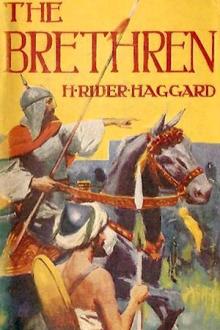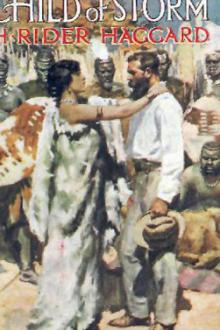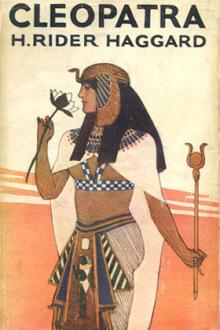Nada the Lily
Nada the Lily
The writer of this romance has been encouraged to his task by a purpose somewhat beyond that of setting out a wild tale of savage life. When he was yet a lad,--now some seventeen years ago,--fortune took him to South Africa. There he was thrown in with men who, for thirty or forty years, had been intimately acquainted with the Zulu people, with their history, their heroes, and their customs. From these he heard many tales and traditions, some of which, perhaps, are rarely told nowadays, and in time to come may cease to be told altogether. Then the Zulus were still a nation; now that nation has been destroyed, and the chief aim of its white rulers is to root out the warlike spirit for which it was remarkable, and to replace it by a spirit of peaceful progress. The Zulu military organisation, perhaps the most wonderful that the world has seen, is already a thing of the past; it perished at Ulundi. It was Chaka who invented that organisation, building it up from the smallest beginnings. When he appeared at the commencement of this century, it was as the ruler of a single small tribe; when he fell, in the year 1828, beneath the assegais of his brothers, Umhlangana and Dingaan, and of his servant, Mopo or Umbopo, as he is called also, all south-eastern Africa was at his feet, and in his march to power he had slaughtered more than a million human beings. An attempt has been made in these pages to set out the true character of this colossal genius and most evil man,--a Napoleon and a Tiberiius in one,--and also that of his brother and successor, Dingaan, so no more need be said of them here. The author's aim, moreover, has been to convey, in a narrative form, some idea of the remarkable spirit which animated these kings and their subjects, and to make accessible, in a popular shape, incidents of history which are now, for the most part, only to be found in a few scarce works of reference, rarely consulted, except by students.
Book Excerpt
small tribe; when he fell, in the year 1828, beneath the assegais of his brothers, Umhlangana and Dingaan, and of his servant, Mopo or Umbopo, as he is called also, all south-eastern Africa was at his feet, and in his march to power he had slaughtered more than a million human beings. An attempt has been made in these pages to set out the true character of this colossal genius and most evil man,--a Napoleon and a Tiberiius in one,--and also that of his brother and successor, Dingaan, so no more need be said of them here. The author's aim, moreover, has been to convey, in a narrative form, some idea of the remarkable spirit which animated these kings and their subjects, and to make accessible, in a popular shape, incidents of history which are now, for the most part, only to be found in a few scarce works of reference, rarely consulted, except by students. It will be obvious that such a task has presented difficulties, since he who undertakes it must for a time forget his civilisation, and think with the mind
Editor's choice
(view all)Popular books in Adventure, Fiction and Literature
Readers reviews
5.0
LoginSign up
it is a great book. I like how the context is arranged.
- Upvote (0)
- Downvote (0)
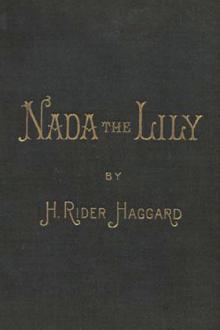
 Free Download
Free Download


























